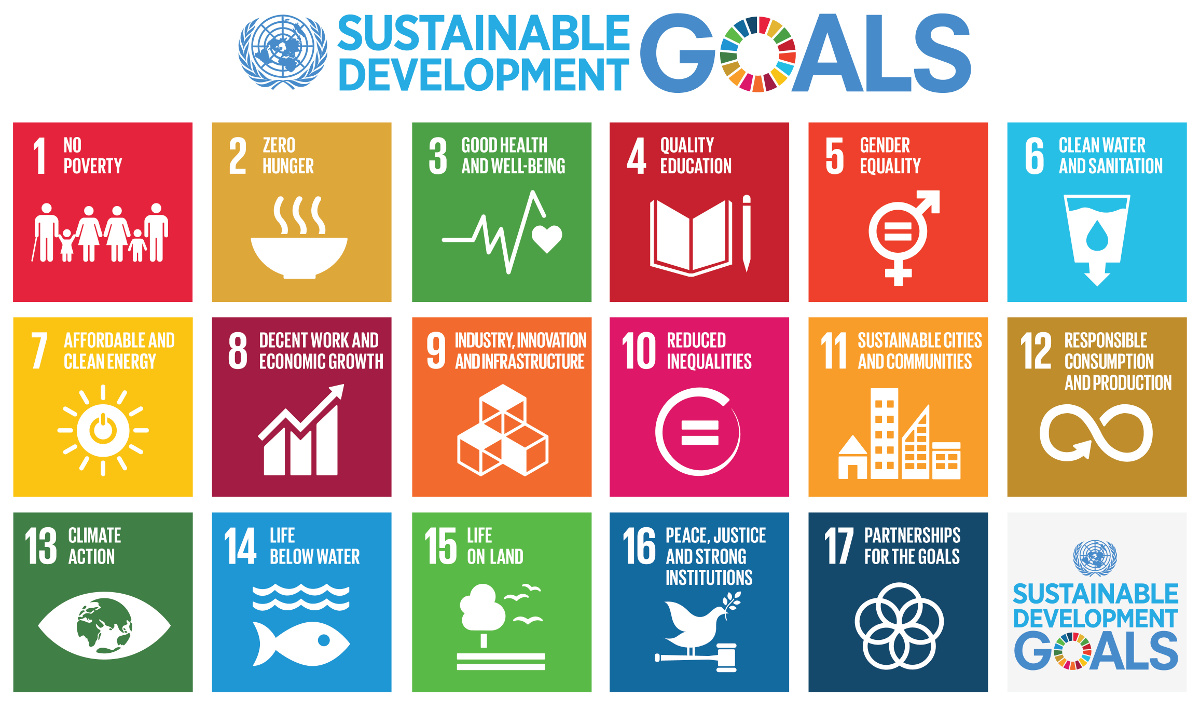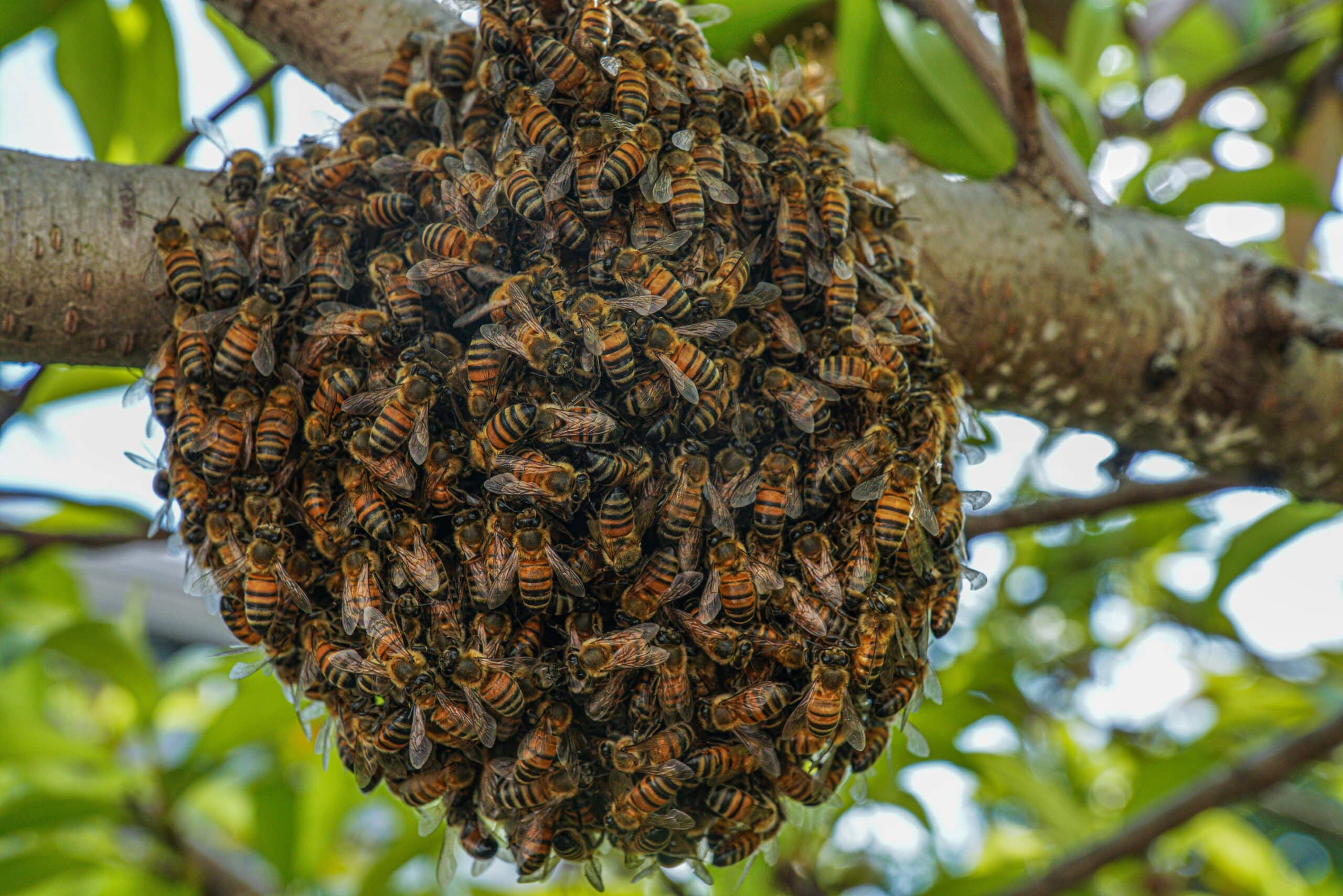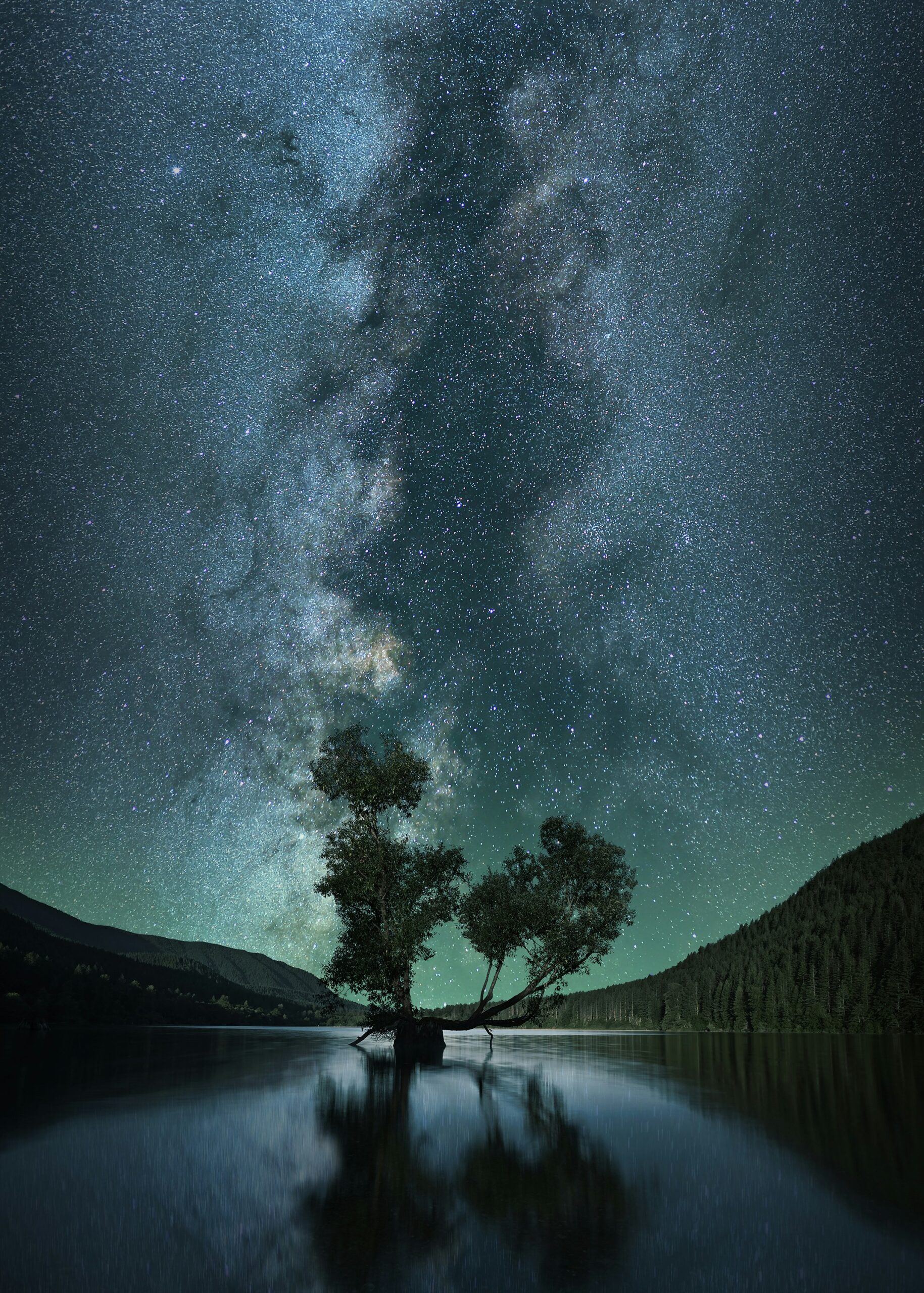The UN’s Sustainable Development Goals – an agenda for the next 15 years?
(Learn more about how A Rocha’s work supports the SDGs around the world)
On 25 September 2015, 193 nations gathered at the UN in New York to launch 17 new Sustainable Development Goals (SDGs) [1]. The SDGs build on a process that began with the 1972 Stockholm Conference on the Human Environment and has continued via the 1992 Rio Earth Summit’s ‘Agenda 21’ and more recently the Millennium Development Goals which lasted from 2000-2015. The new SDGs will now set the global development, environmental and international political agenda for the next 15 years until 2030. The SDGs are wide-ranging and can be helpfully summarised under seven main headings [2]:
- Dignity and wellbeing for all: ending poverty and embracing equality for all.
- Life in all its fullness for all people: ensuring basic needs are met, enabling access to services, training and jobs, with a special emphasis on inclusion of all people.
- Just societies: enabling just and fair institutions and polices that promote justice for all.
- Peace: working towards sustainable peace while embracing diversity.
- Restoring and protecting our planet: living within planetary boundaries and ensuring recovery of ecosystems.
- Sustainable development: encouraging fair economic productivity within ecologically sound frameworks with a commitment towards renewable energy sources.
- Cooperation and partnerships: seeking the best for one another in which joint initiatives aim to enhance the common good for all in the realisation of all the SDGs.
In this blog there’s not the space to give a detailed analysis of each of the 17 goals, or of the 169 targets and 304 measurable indicators they contain! Rather, I want to suggest some pointers as Christian organizations and individuals engage with this important process.
- Firstly, the SDGs are inevitably imperfect. They are the process of decades of discussion and compromise by governments and lobbying by many parties. The Economist’s judgment that ‘the efforts of the SDG drafting committees are so sprawling and misconceived that the entire enterprise is being set up to fail’[3] is going too far, but they have a point. The SDGs will be useless unless we as global citizens hold our governments to account in basing economic, social, environmental and political policies towards achieving them.
- In particular, the SDGs fail to resolve the tension between economic growth and environmental protection. Thus, Goal 8 calls for ‘sustained, inclusive and sustainable economic growth.’ It’s a great aspiration, and the goal includes amongst its targets to ‘prevent environmental degradation’, but there’s very little evidence yet that incessant economic growth can be decoupled from environmental damage. Most of the successes in meeting targets from the previous Millennium Development Goals (including raising hundreds of millions from absolute poverty) came through China’s ‘economic miracle’ which in now seen to have had huge social and environmental costs[4]. As Pope Francis has called for, we need an ‘integral ecology’ which recognises that you cannot achieve social or economic transformation without integrating environmental factors fully. ‘Any harm done to the environment is harm done to humanity.’[5] What we need is a focus on growth in human and ecological well-being, not simply economic growth per se.
- Similarly, although the SDGs incorporate ecological health in more than 50% of their targets, there is still a sense that the environment only matters because humans depend on it. The goals that focus directly on the natural world (12-15 on Sustainable Consumption, Climate Change, Marine Ecosystems and Land-based Ecosystems) are largely phrased in terms of the impacts on current and future human lives. From a biblical perspective this is inadequate, as creation matters primarily because God made it, cares for it, and values it. The Pope was spot on in pointing this out to the UN, stating: ‘every creature, particularly a living creature, has an intrinsic value, in its existence, its life, its beauty and its interdependence with other creatures.’[6] A Rocha’s work in science-led community-based conservation is more important than ever in demonstrating God’s love for all creation.
- Finally, whilst the SDGs are imperfect, they’re not too far from a secular version of the biblical visions of ‘Shalom’ (Old Testament) and the Kingdom of God (New Testament) – a world of justice, freedom, peace and natural harmony. They build on the theme of the ‘Common Good’ which has been fundamental to Catholic social teaching and is now becoming widespread in other Christian traditions.[7] On that basis, I believe we should welcome and work with others to pursue the SDGs. We should distance ourselves totally from the extreme Christian voices which see them as a plot by the UN and Papacy to impose ‘one world government’.[8] Of course, for Christians there is a danger that the values embodied in the SDGs have been sucked dry of their essential spiritual content. What is the Kingdom without the King, or Shalom without the Prince of Peace? However, that doesn’t mean the SDGs themselves aren’t worth working towards. Rather, it gives us a realism that achieving a better world depends on prayer, not just debates and politics, and that the fullest transformation of people, communities and creation comes about through Christ. The UN has stated, ‘The future of humanity and of our planet lies in our hands.’[9] Christians might put it somewhat differently – the future of humanity and of the planet is in God’s hands and he has appointed the worldwide church as his agents of transformation – but we can still work with others towards these valuable and worthwhile goals.
[1] UN, Transforming our world: the 2030 Agenda for Sustainable Development
[2] Helpfully summarised by Micah Global: Sustainable Development Goals Launched
[3] The Economist, The 169 commandments
[4] UNDP, China’s success on Millennium Development Goals provides an example for others to follow
[5] Time Magazine, Transcript: Read the Speech Pope Francis Gave to the United Nations by Ryan Teague Beckwith
[6] ibid.
[7] eg togetherforthecommongood.co.uk
[8] Now The End Begins blog, The United Nations Prophecy Bomb Pope Francis Dropped That Nobody Caught by Geoffrey Grider
[9] UN, Transforming our world: the 2030 Agenda for Sustainable Development
We are happy for our blogs to be used by third parties on condition that the author is cited and A Rocha International, arocha.org, is credited as the original source. We would be grateful if you could let us know if you have used our material, by emailing [email protected].





[…] set of global solutions which can help us to move towards our world flourishing is the Sustainable Development Goals. All nations in the world have already agreed to work towards these 17 goals and their many targets […]
[…] 29 defines ‘sustainable development’ over 2,600 years before the UN’s Sustainable Development Goals. Added to the three conventional pillars of balancing ecological (plant gardens), social (have […]